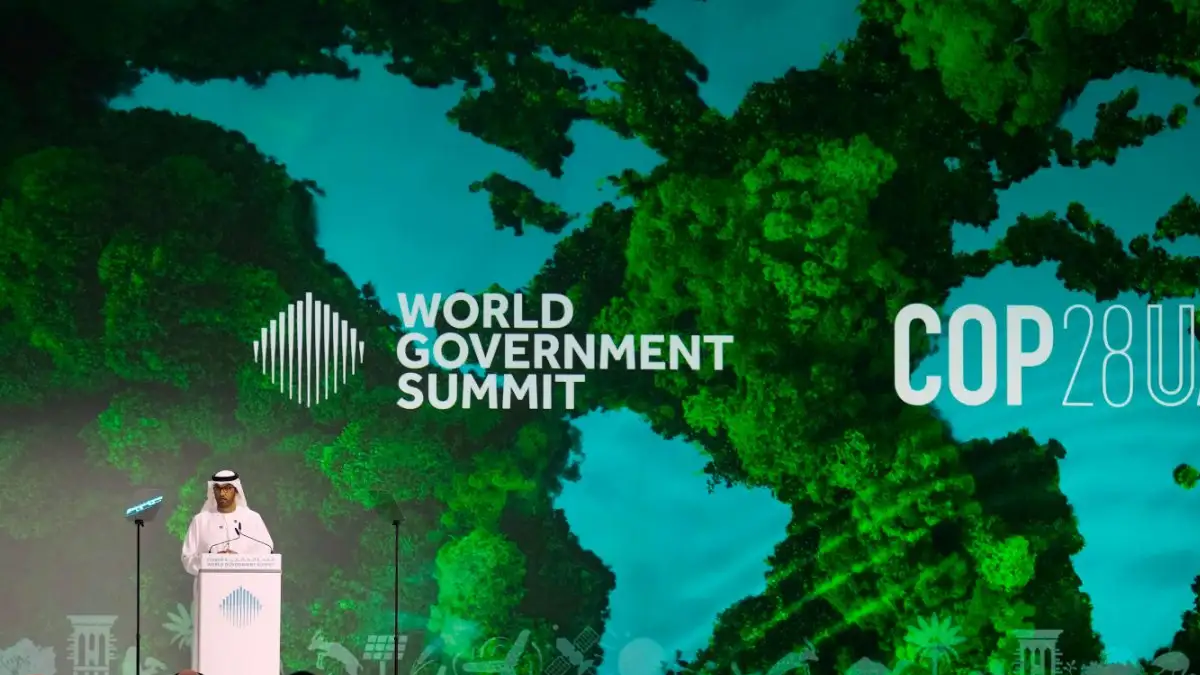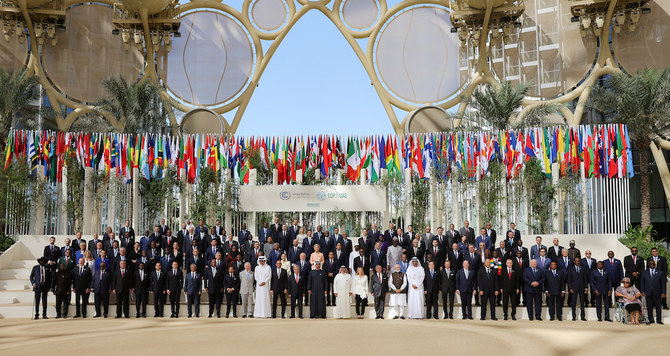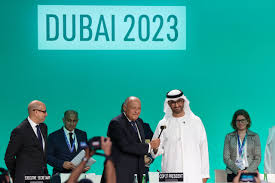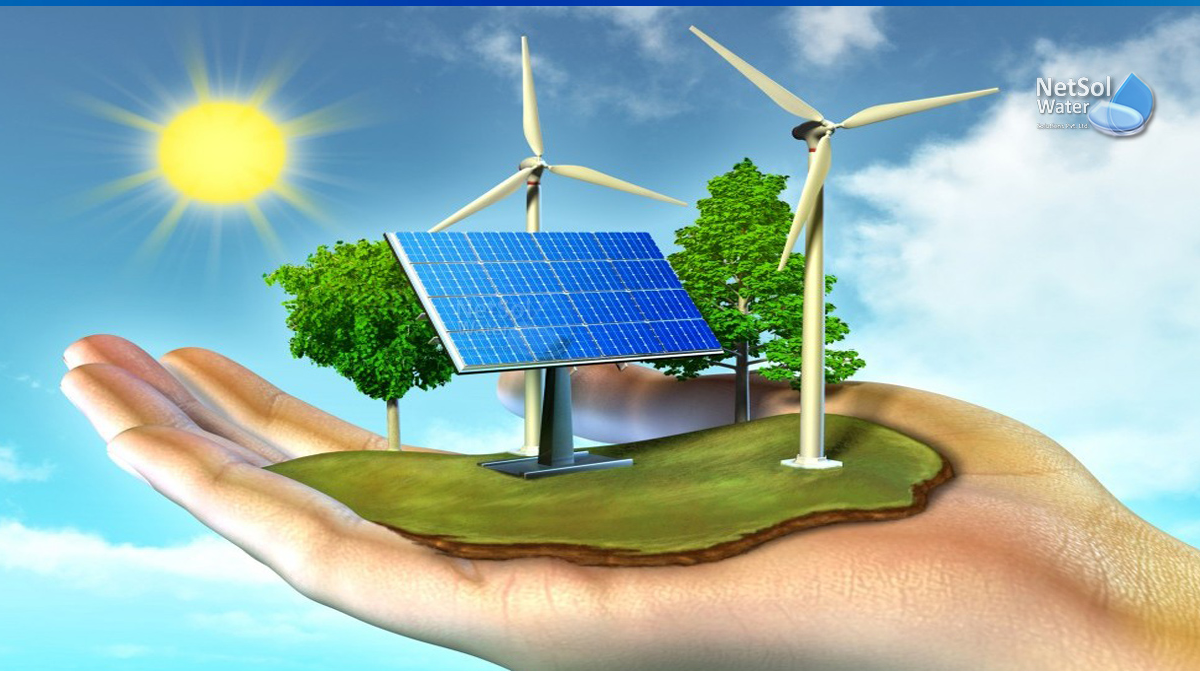Now Reading: World Leaders Unite at COP28: Top 10 Breakthrough Moments 2025
-
01
World Leaders Unite at COP28: Top 10 Breakthrough Moments 2025
World Leaders Unite at COP28: Top 10 Breakthrough Moments 2025

Table of Contents
The 28th UN Climate Change Conference of the Parties—COP28—was one of the most crucial climate summits of our time. Held in Dubai, United Arab Emirates, from 30 November to 12 December 2023, the event brought together world leaders, scientists, activists, and businesses to make real progress on the global climate crisis.
This year’s summit stood out for its ambition, new deals, and a shift in tone toward action rather than just talk. Below are the key highlights that made COP28 a turning point for the planet.
1. First-Ever Global Stocktake: Checking Our Climate Health

For the first time in history, COP28 included a Global Stocktake—a detailed report card on how the world is doing in meeting the goals of the Paris Agreement.
What it showed:
- The world is not on track to limit warming to 1.5°C.
- Current efforts are too slow, with rising emissions and weak policies.
- Urgent action is needed by all countries to reduce greenhouse gases faster.
Why it matters:
This stocktake gave a clear signal: business as usual is not enough. Countries now have a roadmap to update their Nationally Determined Contributions (NDCs) by 2025 with stronger goals.
2. First-Time Call to Move Away from Fossil Fuels
In a historic first, the final COP28 agreement included language about transitioning away from fossil fuels—something past COPs avoided due to political pressure.
The text calls for:
- “Transitioning away” from coal, oil, and gas in a just and orderly way.
- Tripling renewable energy and doubling energy efficiency by 2030.
- Phasing out inefficient fossil fuel subsidies.
What this means:
Though not a total ban, this marks the first formal global agreement acknowledging that the future must be low-carbon and clean. It was a big win for vulnerable countries and climate campaigners.
3. New Climate Finance Deals: More Help for Poorer Nations
One of the biggest roadblocks to climate action has been money—especially funding for developing countries to adapt and recover from climate-related damage.
Key outcomes at COP28:
- Loss and Damage Fund: A major milestone. This fund will help climate-vulnerable nations deal with rising seas, floods, and droughts. It was launched with over $700 million pledged, including contributions from the UAE, Germany, UK, USA, and Japan.
- Green Climate Fund Boost: Wealthier nations agreed to increase support to help poorer countries transition to clean energy and build climate resilience.
Why this matters:
Without climate justice, there can be no climate solution. These funds help bridge the trust gap between rich and poor nations.
4. Renewable Energy Takes Center Stage
Clean energy got a massive push at COP28. More than 120 countries agreed to a bold pledge to triple renewable energy capacity globally by 2030.
Key actions include:
- Boosting investment in solar, wind, and hydro energy.
- Supporting grid infrastructure and battery storage.
- Helping developing nations access clean technology at lower costs.
Fun fact:
If fully implemented, this could cover 80–90% of the global electricity demand with clean energy.
5. Food, Nature, and Health Finally Get a Seat at the Table
Unlike previous summits, COP28 put strong focus on nature-based solutions, agriculture, and human health—showing that climate change affects every part of life.
Notable updates:
- Over 130 countries signed a declaration to make food systems more sustainable and climate-friendly.
- A new focus on climate and health, with 123 countries pledging to protect people from climate-related health threats like heatwaves and disease.
- Boost in efforts to protect forests, restore degraded lands, and halt biodiversity loss.
This signals:
An inclusive view of climate action—not just cutting emissions, but building healthier, fairer societies.
6. Youth and Indigenous Voices Amplified

COP28 included a record number of youth delegates, Indigenous leaders, and civil society members. Their presence added urgency and moral clarity to the discussions.
Key moments:
- Youth-led climate forums and innovation showcases.
- Indigenous representatives demanding land rights and protection of traditional ecosystems.
- Women-led climate leadership forums promoting gender equality in climate action.
What changed:
Governments and businesses are now under pressure to listen more closely to those on the frontlines of climate change.
Conclusion: Hope, But More Work Ahead
COP28 ended with a mix of celebration and caution. While it made big strides, especially on fossil fuels and finance, many activists and scientists warn that words must turn into action—and fast.
What’s next:
- Countries must submit new, stronger climate plans by 2025.
- Climate finance must become more accessible and reliable.
- The world must keep pushing to hold global warming below 1.5°C.
Read More:– Deyaar’s Latest Announcement Shakes Up the UAE Property Market





















